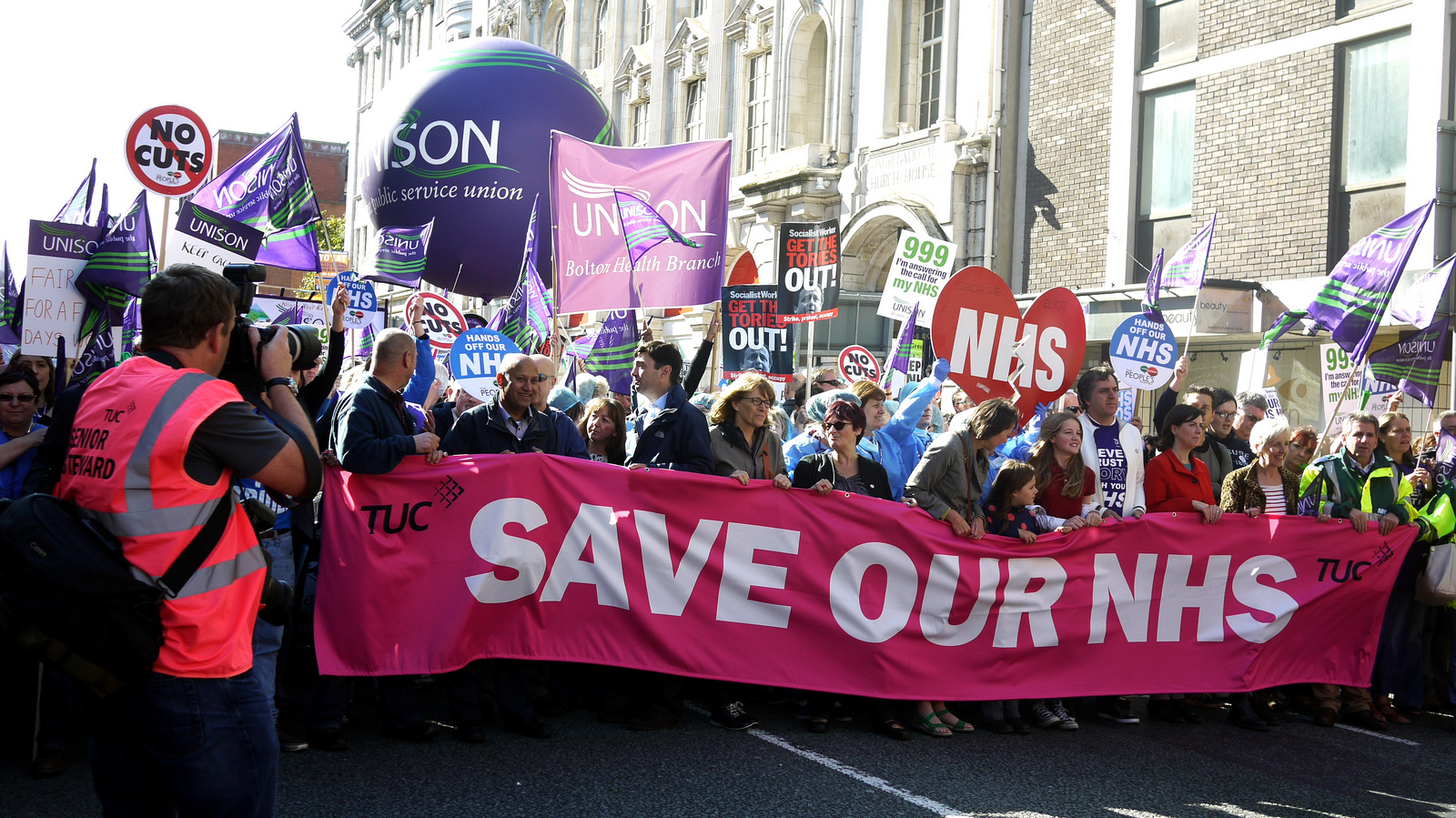Since the prospect of privatisation of our NHS has materialised, I’ve stubbornly resisted the consideration that it could be for the best. When my housemate invited me to a panel debate on the subject, I decided to repress my inner sceptic and go along with an open mind. Despite that classic not-answering-the-question trick that can’t help but show its face at any political discussion, both sides were generally well argued, showing just how complex the issue is (sadly not solvable by my much loved ‘because I feel it’ approach).
Contrary to what I imagined, privatisation apparently doesn’t come in the form of a vulture sweeping down with monstrous (right) wings to annihilate all current schemes. Many of the suggestions for privatisation actually incorporate systems where health care remains free, with outside organisations being contracted to run government funded services. In many cases this happens already, with the outsourcing of drugs and equipment, and increasingly also for services that are oversubscribed. The question is, how far will this go and what impact will it have? The student population is largely against privatisation, and for this reason I’ll attempt to focus on the less familiar side of the argument. I’m not hoping to convince you, but perhaps I can soften the blow (perhaps being the key word here).

It’s clear that change is needed, with constant concerns about the quality of the NHS service, largely due to financial strains that are only getting worse. The driving idea behind privatisation is that competition stimulates efficiency and value for money. In the debate, one speaker claimed that private companies are funded per job, and so work harder with the incentive of higher wages. I can’t help but slip back to my sceptical self: is this suggesting that healthcare professionals don’t work hard at the moment? Perhaps we should ask a nurse at the end of their 12 hour shift. Research proposing the higher efficiency of private industries is ambivalent and should not be taken as fact. This argument also suggests that healthcare is a money making scheme rather than a genuine service – hurray for the capitalist system! Competition can prompt hard work, but it simultaneously encourages corner cutting and the prioritisation of work which is most profitable, while ignoring jobs that aren’t. Regrettably, we can’t pick and choose our accidents and illnesses in the same way.
Services that run independently can arguably be more specialised, and better able to cater for individual needs, such as independent GP practices that facilitate for the local area without being bounded by national criteria. However, with independence comes fragmentation. Yes we need specialists, and yes we need to see things at a local level, but we also need to remember that each sector is intrinsically linked; most healthcare issues cannot be dealt with as individual parts without a consideration of the whole. While private contracts remain under NHS organisation, sectors will still be encouraged to integrate, but this is likely to slip as things become more and more denationalised. My fear is not the gradual changes currently being proposed, but the slippery slope onto which they lead. We may be enticed by the notion of choice, but could this deteriorate into no choice at all when private companies decide to cut their ties with the state and serve only those who can pay from their own pockets?
More than anything, privatisation would be a slap in the face to the principles of equality on which our society is supposedly built. Promises that privatisation won’t prevent free and accessible services to all are doubtful, and I worry that health and wealth will soon be separated by little more than their first letter.
Anna May
(Image courtesy of Welfare Weekly)

